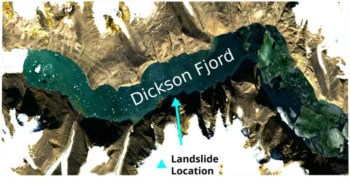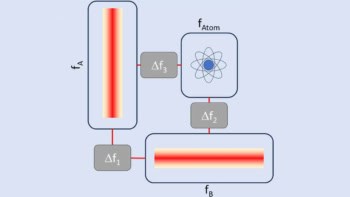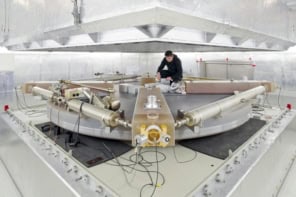The governing body of the European Space Agency (ESA) has requested an additional $280 million from its 14 member states for series of new projects: the development of a small rocket called VEGA, a sophisticated upper stage for Ariane 5, and preliminary work on Earth-observation and satellite navigation systems. A decision on the request will be taken later this year. The request was made at a two-day meeting in Brussels to celebrate the agency's 25th anniversary. ESA has also agreed to collaborate with the EU on a series of industrial space applications. The announcement was made by John Battle, the UK science minister, and Yvan Ylieff, his opposite number from Belgium.
Antonio Rodota, ESA’s director general, has been campaigning to increase the amount of industrial involvement in the space agency. However it has been clear for many months that there would be substantial overlap between some ESA research programmes – satellite telecommunications, Earth observation and navigation systems – and those planned by the EU. The deal is attractive to both sides as both are trying to reduce the cost of Europe’s space programmes and to make them competitive with US programmes.
Battle also confirmed that ESA is radically shaking up the way it will run future programmes. “The key to further gains in efficiency must lie in new ways of managing programmes”, he said. “We need to transfer more risk and reward to industry in a better partnership of public and private sectors and to devise performance objectives for satellites without specifying their design down to the last nut and bolt.”
Criticism of the inefficiency of ESA programme’s have become increasingly public. Last week Claude Allegre, the French science minister, complained that the agency, the EU and Europe’s smaller nations – who include the UK – were all responsible for the inefficiencies. Allegre added that Europe’s three biggest space powers — France, Germany and Italy — were determined to get more for their investment in ESA.



